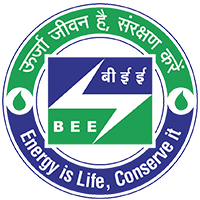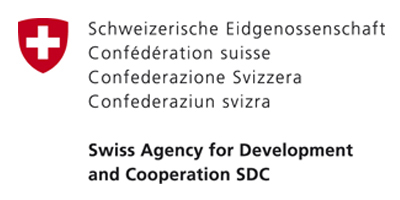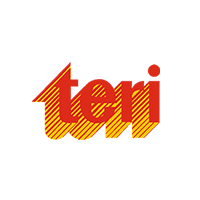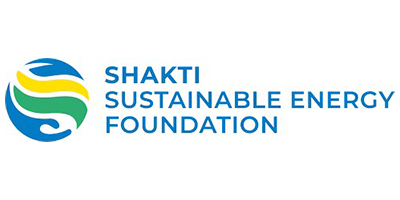The focus of this issue remains on the cold storage sector. The theme article provides an overview of the primary technologies and processes used in cold storages, and the scope for introducing energy efficient (EE) technologies including renewable energy (RE) options. A case study is presented on a solar cold room implemented by TERI in the village of Sadali in Karnataka with financial support from EKOenergy, Finland, through a participatory model that focused on involvement and empowerment of women members of the local community. The issue also summarizes two sets of energy assessment studies undertaken by TERI in cold storages in West Bengal (under a project supported by SSEF) and cold storages spread across Delhi, Ajmer, and Mumbai in partnership with Tata Power (under a project supported by the MacArthur Foundation).





